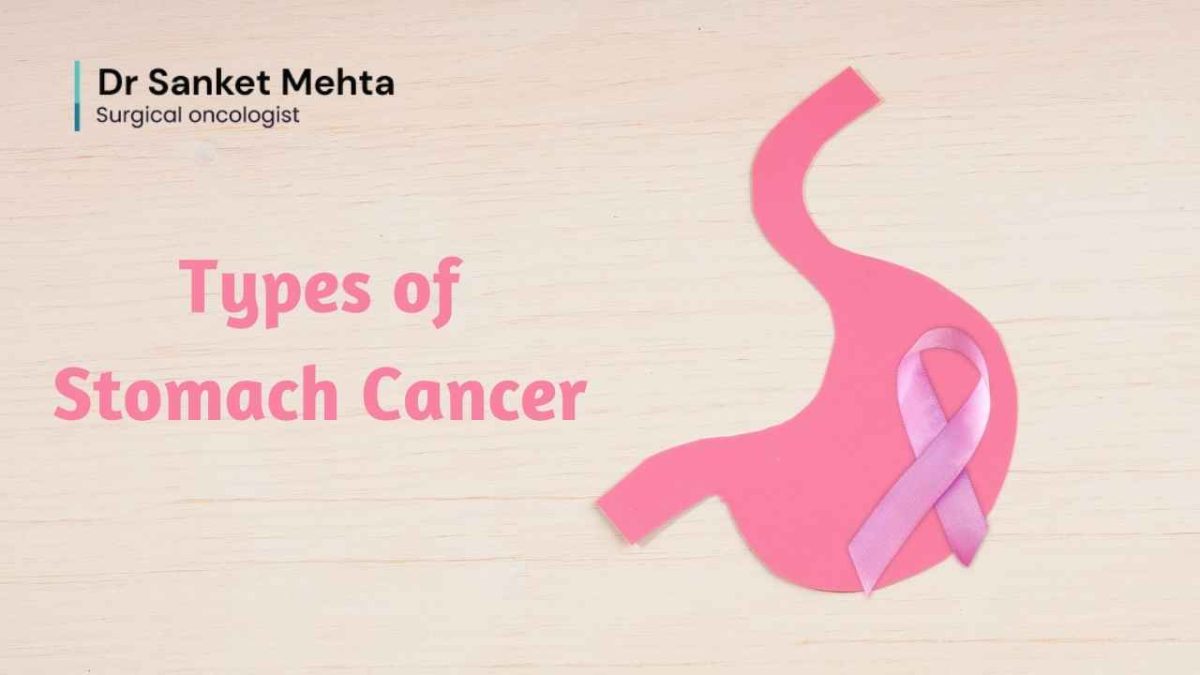What Are the Types of Stomach Cancer?
Overview
Cancer is a scary word for anyone to hear. But when you’re told that you have cancer in your stomach, it can be especially terrifying. This post will outline the different types of stomach cancer, so that patients can be better informed about their diagnosis.
We’ll also discuss various treatment options and prognoses for each type of stomach cancer. We hope that this information will help patients feel empowered and equipped to fight this disease.
Types of Stomach Cancers
There are two main types of stomach cancer: adenocarcinoma and lymphoma.
Adenocarcinoma is the most common type of stomach cancer, accounting for about 95% of all cases.
This type of cancer begins in the cells lining the inside of the stomach. Lymphoma is a less common type of stomach cancer, but it tends to be more aggressive than adenocarcinoma. Lymphoma starts in the immune cells that are found in the lining of the stomach.
Both adenocarcinoma and lymphoma can be further classified based on their location in the stomach. For example, gastric cancer can occur in any part of the stomach. However, most gastric cancers starting the upper part of the stomach, near the opening to the esophagus.
This type of cancer is called an antral cancer. Another common type of stomach cancer, called a diffuse gastric cancer, starts in the lower part of the stomach and spreads throughout the entire organ.
While adenocarcinoma and lymphoma are the two main types of stomach cancer, there are other, less common types as well. For instance, stromal tumors make up about 5% of all stomach cancers. These tumors arise from the connective tissue in the stomach. Carcinoid tumors are another type of stomach cancer that is relatively rare. These tumors form in the hormone-producing cells of the stomach.
Treatment for stomach cancer depends on the type and stage of the disease. Surgery is the most common treatment for all types of stomach cancer. However, chemotherapy and radiation therapy may also be used, especially in cases of advanced cancer.
The prognosis also varies depending on the type of stomach cancer. For instance, adenocarcinoma tends to have a better prognosis than lymphoma.
Causes of stomach cancer
There are a number of different factors that can increase your risk of developing stomach cancer. For instance, infection with the Helicobacter pylori (H. pylori) bacteria is a common cause of stomach cancer.
This infection is often acquired during childhood and can lead to inflammation of the stomach lining, which increases the risk of cancer. Other risk factors for stomach cancer include:
- Smoking
- Exposure to certain chemicals, such as benzene or asbestos
- A family history of stomach cancer
- Certain medical conditions, such as pernicious anemia or type A blood
- Chronic gastritis
-Dietary factors, such as a diet high in smoked meats or pickled vegetables
If you are concerned about your risk of stomach cancer, talk to your doctor. They can help you assess your risk and take steps to reduce it.
Prevention of stomach cancer
There are a number of different ways that you can reduce your risk of developing stomach cancer. First, it’s important to eat a healthy diet that is low in smoked meats and pickled vegetables. You should also try to avoid exposure to harmful chemicals, such as benzene or asbestos.
If you smoke, quitting is the best way to reduce your risk of stomach cancer. Finally, if you have a family history of the disease, you may want to talk to your doctor about genetic testing. This can help you determine if you are at increased risk for developing the disease
If you have been diagnosed with stomach cancer or concerned about your risk of stomach cancer, it’s important to talk to your doctor about your treatment options.
Be sure to ask about the side effects of each treatment so that you can make an informed decision about your care. Remember, you are not alone in this fight. There are many resources available to help you through this difficult time.
